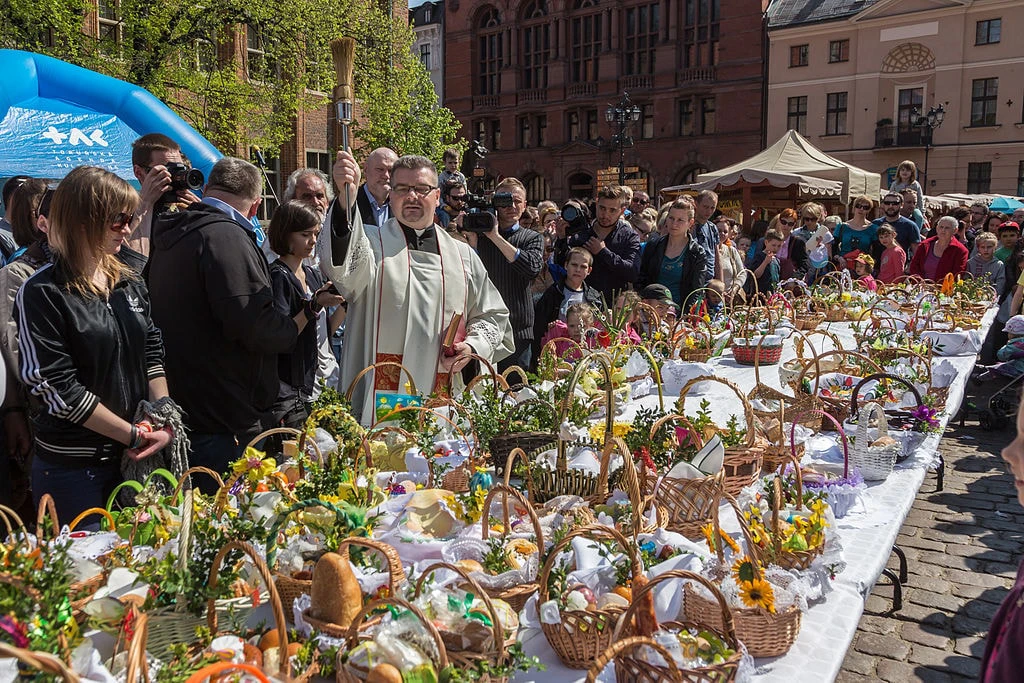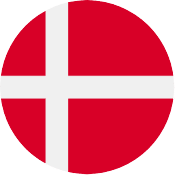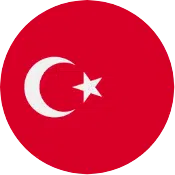
Easter in Ukraine
Easter is a widely celebrated religious holiday across Europe. Many countries have different traditions across the continent. Ukraine is no exception to this, as Easter in Ukraine is full of traditions which date back centuries. The main thing to note with regard to Easter in Ukraine is that it is determined inline with the Julian Calendar. This calendar means the Orthodox Christian Easter tends to take place later in the year. But, there are many other elements to Easter celebrations in Ukraine which make it an interesting and exciting holiday.
Traditional Easter in Ukraine
Easter in Ukraine is deemed a public holiday and means that many shops, museums and offices across the country close on Good Friday, Easter Sunday and the following Monday.
On Good Friday it is common to find that many traditionalists will refrain from eating meat and dairy. As this is the day which marks the crucifixion of Jesus in Christianity it is a sombre day and it is treated as a day of mourning. Churches will put up black drapes which are then removed on Easter Sunday by processions as they pass by. This removal of the black drapes is to symbolise Jesus’ rebirth.

On Easter Saturday, baskets of food are prepared and blessed at special ceremonies by priests. These baskets contain paska, a Ukrainian bread baked specially for Easter, meats, cheese and dyed ‘krashanky’ eggs. The baskets are prepared in the lead up to Easter weekend by families in the local area.
Easter Sunday itself is a day of huge celebration across Ukraine. Churches hold midnight mass, after which families will return home and some will begin dining on their blessed baskets before returning to sleep. Those who do decide to return to bed will start dining on their treats upon waking up. Tucking into the baskets symbolises the breaking of the Lenten fast.
Ukrainian Easter Eggs
While chocolate eggs may be synonymous with Easter across countries like the UK, you might be hard pushed to find one in Ukraine, particularly in smaller towns. However, Easter Eggs are still a large part of the celebration.
Decorating chicken eggs has been part of the Ukraine Easter tradition for centuries with two different styles being prominent. Pysanka and krashanky are different names for the dyeing of these eggs.

Pysanka are raw eggs with intricately designed patterns painted onto the shell. The pysanka comes from the Ukraine word писати which means ‘to write’. The level of details in the designs turns the eggs into small works of art. Many are hollowed after the design is complete via a small hole. Once drained, these eggs are often given as gifts to friends and relatives over the Easter period. Due to the amount of time they take to produce and the delicate nature of their design it is not uncommon to only find one or two in each household, with some opting to not create any at all.
Krashanky are a much more popular form of decorated eggs in the Ukraine. These are hard-boiled eggs, dyed with either natural or, in more recent years, artificial colourings. The main difference between Krashanky and Pysanka, other than their design process, is that Krashanky are blessed in the Easter Baskets and then eaten by the family on Easter Sunday.
Happy Easter In Ukrainian
As a heavily Orthodox Christian country, it is not strange to hear people greeting each other over the Easter weekend with Easter related greetings. While it may seem strange to those from the UK, it is very common in Ukraine.
Христос воскрес! [khrystos voskres] – Christ has risen!
While this may seem slightly unusual as a greeting, you will hear it a lot over the course of Easter weekend in Ukraine. It is said by a person greeting someone for the first time over the weekend. The most common place to hear it will be in church during the Easter Sunday mass. There is one main response to this greeting which is key to remember.
Воістину воскрес! [voistynu voskres] – Indeed He has risen!
This is the only response suitable for Христос воскрес! and is returned by the entire congregation of a church during Easter mass.
You can also wish others a happy Easter in a less religious format. This would be more suitable for those visiting Ukraine who do not feel too strongly about religion but wish to remain respectful.
З Великоднем! [z velykodnem] – Happy Easter!
The above is a phrase which is more common to those in non-Orthodox Christian countries such as the UK. It remains respectful and will be pleasantly welcomed by those it is spoken to over the Easter weekend.
Sign up for our offers
Exclusive discounts on your course with Cactus directly on your inbox!
Explore Easter in Ukraine & Culture
If this brief insight into Easter in Ukraine has intrigued you into this country’s culture and interesting language? Then why not explore our Ukrainian courses? We offer a variety of Ukrainian courses which can be studied online or at a selection of language centres in the UK. Our Our Ukrainian classes are structured to develop your skills. Start learning with a 10-week course. The perfect option for those coming with no previous knowledge of the language.
Cactus offer a range of courses suitable for all levels, from beginners to advanced. Not only can you study in one of our language centres, but you can also study at home! With weekly lessons, you can soon build up your skills to be able to converse in one of these countries.

 French
French German
German Italian
Italian Spanish
Spanish Arabic
Arabic Cantonese
Cantonese Czech
Czech Croatian
Croatian Danish
Danish Dutch
Dutch English
English Greek
Greek Hebrew
Hebrew Hindi
Hindi Japanese
Japanese Korean
Korean Norwegian
Norwegian Polish
Polish Portuguese
Portuguese Russian
Russian Swedish
Swedish Thai
Thai Turkish
Turkish Ukrainian
Ukrainian